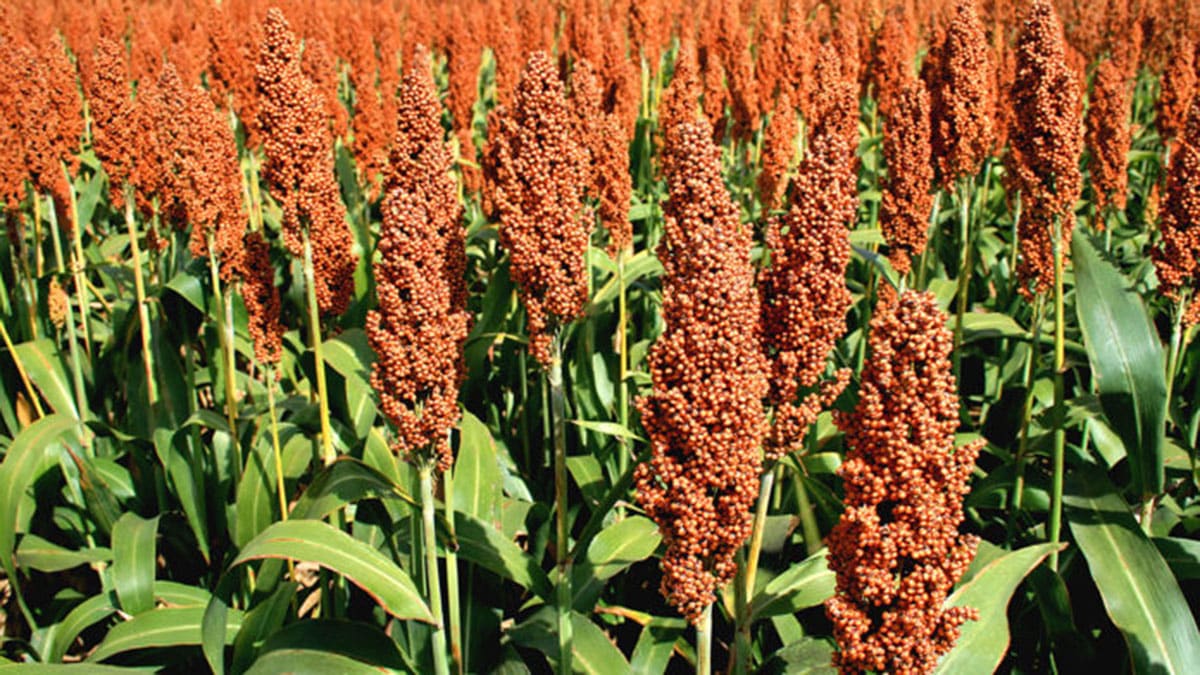BAMB confident despite predicted dry spell
Last year, a lack of rain proved disastrous for the country’s sorghum yield, with the harvest standing at 7, 000 metric tonnes when 65, 000 was expected.
This resulted in a shortage of maize meal on shop shelves across the nation as well as a noticeable rise in price for the stock that was available.
It also led to the temporary closure of some milling companies.
With 2024 set to be another extremely hot, dry year, Botswana Agricultural Marketing Board (BAMB) will once again cast their eye way beyond the borders to help meet their sorghum needs.
“As we experienced a critical shortage of sorghum in 2023, we have been able to source grain externally – bearing in mind that we do not deplete our minimum strategic grain reserves levels. We have been able to source from neighbouring South Africa and Zimbabwe. In view of the long anticipated drought spell, we continue to explore countries afar such as Brazil and Australia,” revealed BAMB PR and Communications Manager, Adelaide Johnson, although he did not disclose exactly how much sorghum was imported last year.
As well as the disappointing sorghum returns, harvested from 40, 000 – 44, 000 ploughed hectares, last year BAMB received 4, 000 metric tonnes of maize and 800 metric tonnes of beans.
Fortunately, government had the foresight to stop all exports of grains, a move that allowed BAMB the chance to absorb as much produce as possible from local farmers.
“To date, our reserves are intact and untouched and this is a guarantee to the nation that we are still able to source commercial grain from external sources. We are still in the early stages of realizing the full complement of this exercise (stopping exports), however in the short time of engaging on the new law, we are experiencing positive results,” Johnson assured the media.
BAMB’s silo storage capacity is 85, 000 metric tonnes, with heavy hitter sorghum and maize each accounting for 30, 000MT and beans taking 10, 000MT of the space.
“In this current ploughing season we are expecting to have more yield in maize followed by cow peas and lastly sorghum. This is based on the uptake of the seeds purchased through Temo Letlotlo initiative. However, weather conditions will also be a major determining factor of how much grains we will receive this season,” added Johnson.
Temo Letlotlo is an output based programme intended to promote the spirit of self-reliance amongst Batswana to produce food for their families and the nation through provision of inputs and financial assistance.
Meanwhile, government has announced the construction of silos at: Mosisedi-Good Hope, Matopi, Masunga, Leshibitse, Naledi-Jwaneng, Makhi-Rakops, Kgoro-Good Hope, Phuduhudu and Malwelwe clusters.






